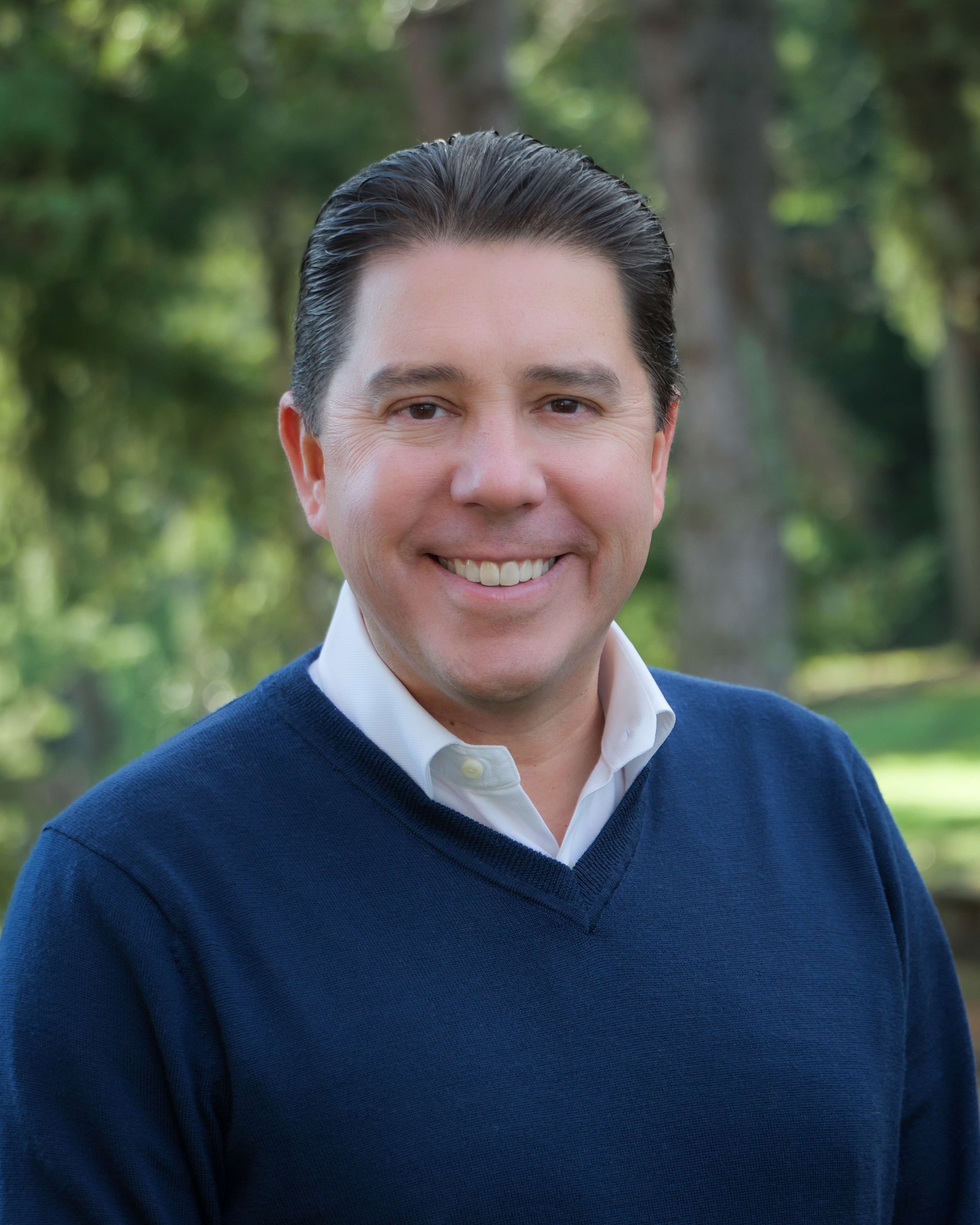Meet our director
Casey Sixkiller was appointed by Governor Bob Ferguson as the 14th Director of the Washington State Department of Ecology. With more than two decades of experience in federal, Tribal, regional, and local government, Casey brings a deep commitment to environmental stewardship and practical, results-driven leadership.
As Director, he oversees a biennial budget of $2.8 billion and a workforce of 2,200 employees dedicated to protecting Washington’s air, land, and water. He is leading the agency through a pivotal era of implementing nation-leading climate policies, investing in clean energy solutions, protecting critical water resources, and addressing legacy pollution while centering that work on those communities most affected.
Before joining Ecology, Casey served as Regional Administrator for the U.S. Environmental Protection Agency’s Region 10, where he led efforts to protect human health and the environment across Washington, Oregon, Idaho, Alaska, and 271 Tribal nations. His work focused on scaling climate solutions, modernizing water infrastructure, and advancing environmental justice.
Previously, he was Deputy Mayor of Seattle and Chief Operating Officer of King County, where he managed major public health, transportation, and environmental initiatives. His career in public service began in Washington, D.C., working for U.S. Rep. Jim McDermott and U.S. Sen. Patty Murray. He later helped establish the Cherokee Nation’s Washington office, advocating for Tribal sovereignty and federal investment.
An enrolled citizen of the Cherokee Nation, Casey was born and raised in Washington. He grew up in Seattle and spent time in central Washington, where his grandfather previously worked as a chemist at the Hanford Site and later for an agricultural business in Yakima. He is a graduate of Dartmouth College and a proud father of three.
At his core, Casey believes in the power of collaboration and action. Whether sitting with communities facing contaminated water, working with farmers and Tribes to protect vital resources, or shaping policy to ensure a cleaner future, he is driven by the belief that we must leave the world better for the next generation.
Find out more about Casey Sixkiller and Ecology
Ecology's mission is to protect, preserve and enhance the state's land, air and water for current and future generations.


